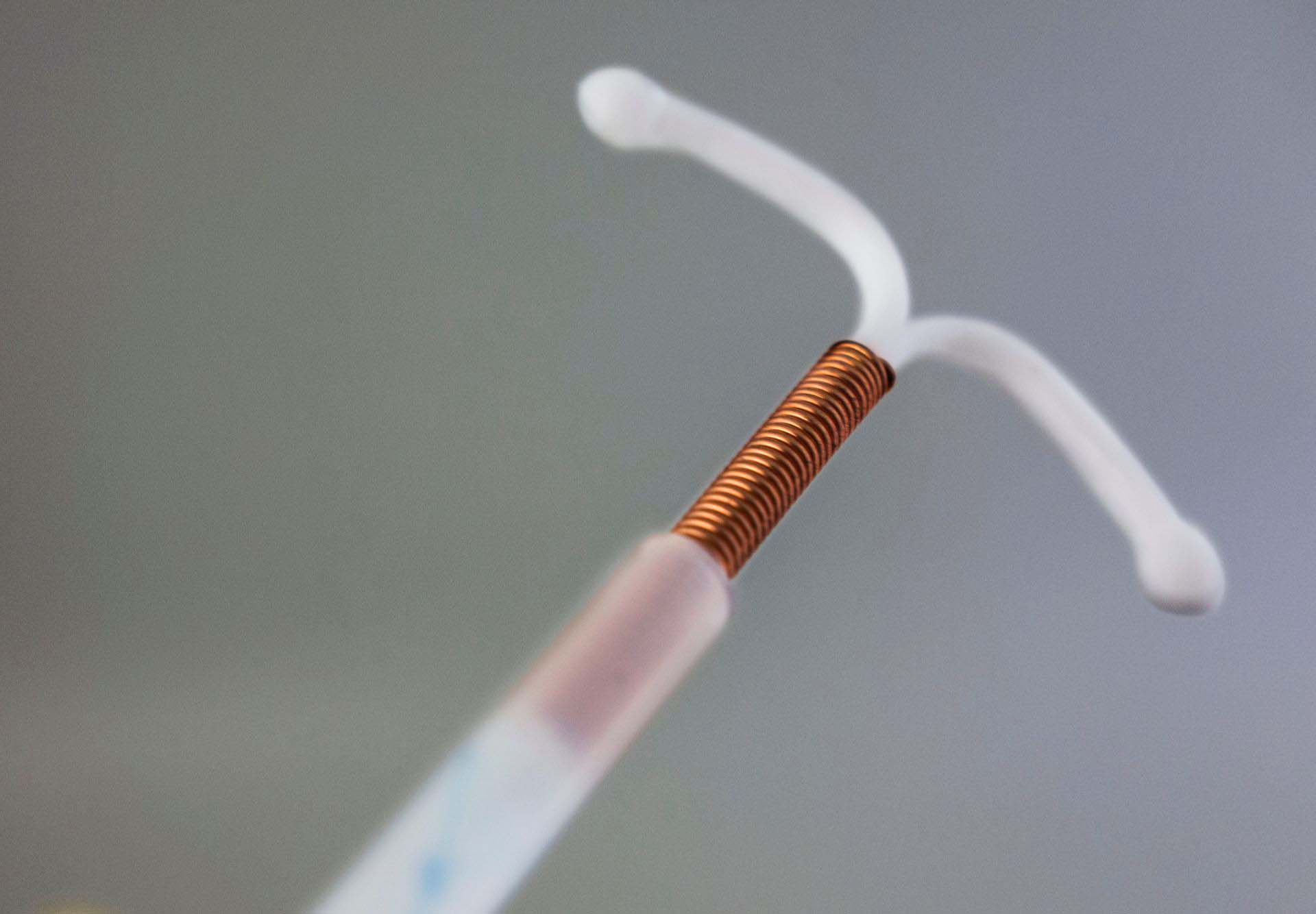Deciding on the right contraceptive method can be an emotional and overwhelming experience. The intrauterine device, or IUD, is one of the most popular options available today, providing long-term, highly effective birth control. However, many women are concerned about their pregnancy in the future, especially after IUD removal. If you’re one of them, understanding the impact of hormonal and copper intrauterine devices on your fertility can help you make an informed decision about your reproductive health.
An intrauterine device (IUD) is regarded as one of the most efficient forms of reversible birth control available today by the American College of Obstetricians and Gynecologists. The IUD is up to 20 times more effective than other forms of birth control, such as birth control pills, patches, or the ring. But what if you already have an IUD, and you change your mind and decide that you want to have a baby? Continue reading to learn about getting pregnant after having an IUD inserted, including how this type of birth control affects your chances of becoming pregnant in the future.
How Does An Intrauterine Device Work?
To fully grasp the likelihood of getting pregnant after an IUD is removed, it helps to have some background knowledge of how these devices work. Copper intrauterine devices (IUDs) and intrauterine hormonal devices (IUDs) are the two primary classifications of intrauterine devices. Both of them are T-shaped plastic devices that are very small and are placed into the uterus.
Copper IUD: This contraceptive implant delivers copper into the uterus, which impedes the passage of sperm and makes it more difficult for them to reach an egg that is located there.
Hormonal IUD: The hormonal intrauterine device (IUD) delivers progestin into the uterus, which causes the cervical mucus to become more viscous and makes it more difficult for sperm to penetrate. Exposure to progestin on a continuous and daily basis thins the uterine lining, making the uterine environment less conducive to successfully implanting a fertilized egg.
But here’s the catch, as explained by Dr. Sandoval: Neither of the two types of intrauterine devices (IUDs) offers primary contraception since they do not suppress ovulation in the same manner as birth control pills. This is significant because it indicates that the insertion or removal of your intrauterine device (IUD) should not affect your ovulation and that you can become pregnant as soon as the IUD has been removed.
When an IUD is removed, how long does it take to become pregnant?
If you want to have a family soon, you should be aware that fertility typically returns during the first menstrual cycle after having an IUD removed from the body. As soon as your doctor removes the device, you could become pregnant,” says Hilda Hutcherson, M.D.
Because there is no involvement of hormones in the copper IUD, your body does not have to readjust; once the device is removed, sperm can swim properly once more. In a similar vein, the majority of people who use an intrauterine hormonal device (IUD) do not stop ovulating while using the device; hence, they should be fine once the device is withdrawn. According to Dr. Sandoval, removing your IUD is unnecessary until “you are hoping or wanting to get pregnant.” In other words, you do not need to remove your IUD until you are ready to become pregnant.
Contrast this with birth control methods that rely on hormones, such as birth control tablets, birth control patches, and birth control rings. These cause the body to produce the hormones progestin and sometimes estrogen. These hormones block ovulation, which in turn stops pregnancy from occurring. It may take up to three months for fertility to return when using these methods of birth control. And if you’ve been getting the Depo-Provera birth control injectable, the wait could be considerably longer – sometimes as long as a whole year.
Don’t freak out if you don’t get pregnant right away after removing an intrauterine device (IUD). Your age, your lifestyle, the medical history of your family, and your overall health are some of the numerous factors that might have an effect on your fertility. According to Dr. Sandoval, “the process of becoming pregnant will be different for everyone” because everyone’s bodies are different. “This is something that is based on other aspects of your life that may affect your fertility but should not be affected by the fact that you use an IUD.”
It takes the typical young couple between four and six months to conceive, and after one year, approximately eighty-five to ninety percent of couples will become pregnant.
And what if you aren’t one hundred percent certain that you’re ready to get pregnant after you take out your IUD? Make sure that you are utilizing a backup method of birth control correctly until you are emotionally and mentally prepared for the prospect of becoming pregnant. The intrauterine device (IUD) is one of the most effective methods to prevent unintended pregnancies. However, if the IUD is removed, so is the protection it provides.
Meaningful articles you might like: What Time of Day is Best To Give Birth, This Pregnancy Pool Workout Is The Real Deal, The Best Age to Get Pregnant

